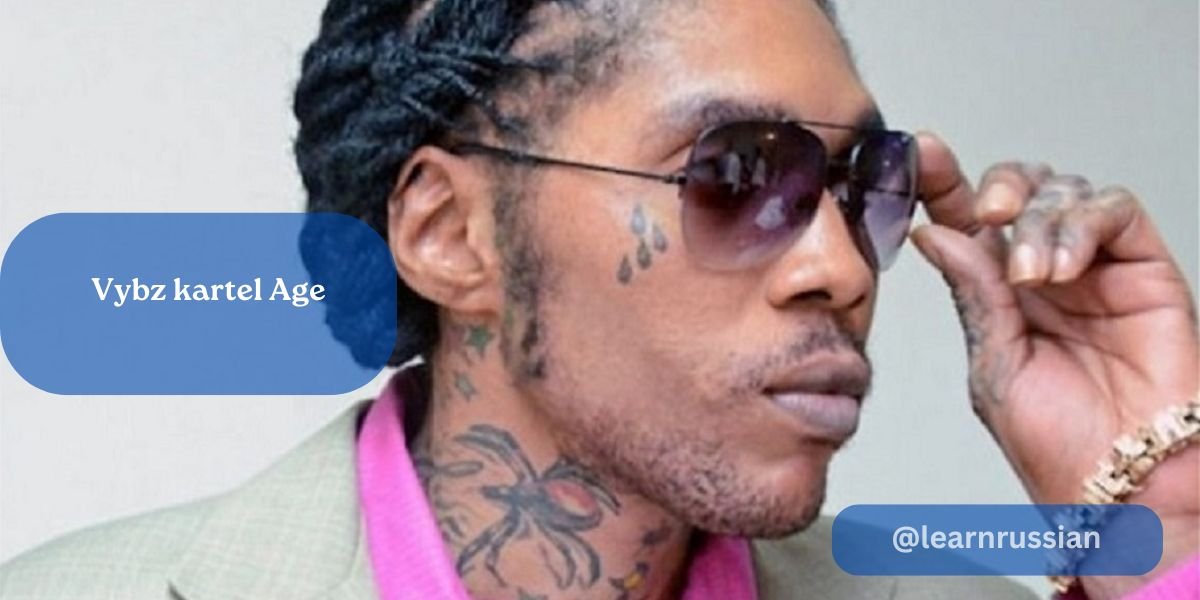Vybz Kartel, born Adidja Palmer, a 48-year-old Jamaican dancehall artist, recently regained his freedom after 13 years of incarceration. Known for his groundbreaking contributions to dancehall music, Kartel’s net worth is estimated at around $5 million, largely from his music career. Despite his public persona, Kartel has kept details about his family life private, including his marriage and children. His release followed a dramatic legal battle that culminated in the quashing of his conviction due to juror misconduct.
Legal Struggles
In 2011, Vybz Kartel, along with Shawn “Shawn Storm” Campbell, Andre St John, and Kahira Jones, was arrested on charges related to the murder of Clive “Lizard” Williams, an associate whose body was never found. The case, surrounded by controversy and media attention, led to Kartel’s conviction in 2014, with an initial sentence of 35 years, later reduced to 32 and a half on appeal. Despite Kartel maintaining his innocence, the legal battle revealed deep issues within the Jamaican justice system, particularly concerning the handling of the case.
Juror Misconduct
The case reached a turning point when it was brought before the UK’s Privy Council, Jamaica’s highest court of appeal. In March, Lord Lloyd-Jones found that the conviction was compromised by juror misconduct, specifically, one juror attempting to bribe others for a not guilty verdict. Despite this misconduct, the juror was allowed to remain on the panel, an error deemed “fatal to the safety of the convictions.” This finding highlighted serious flaws in the trial process and paved the way for Kartel’s release.
Decision to Release
The matter was then referred back to the Jamaican Court of Appeal. Justice Marva McDonald-Bishop, speaking on behalf of the court, decided against holding a retrial. Key factors in this decision included the significant time elapsed since the alleged offense, the unavailability of key witnesses, and Kartel’s declining health. While the charges were serious, the practical difficulties in conducting a fair retrial were deemed insurmountable.
Public Reaction
On July 31, 2024, Vybz Kartel was released from prison, a moment that was met with both jubilation and relief among his supporters who gathered in Kingston to celebrate. Kartel himself expressed a desire to move forward, advising young people to steer clear of paths that could lead to legal troubles. The event was widely shared on social media, capturing Kartel reuniting with friends and family, marking a significant moment in his life and career.
Dancehall Legacy
Vybz Kartel’s influence on the dancehall genre is profound. His debut album, “Up 2 Di Time,” released in 2003, launched a career that saw collaborations with international artists like Rihanna, Missy Elliott, and Busta Rhymes. His 2009 hit “Pon De Floor,” produced with Major Lazer, became an international phenomenon, later sampled in Beyoncé’s “Run the World (Girls).” Kartel’s distinctive style and lyrical prowess have made him a central figure in dancehall, inspiring new generations of artists.
No Retrial Decision
The decision not to retry Kartel was not made lightly. Justice McDonald-Bishop emphasized the seriousness of the charges and the defiance of law and order involved. However, the practical difficulties, including the lack of available witnesses and the elapsed time, played a crucial role. Kartel’s health issues, which arose during his incarceration, were also considered in the decision-making process.
Future Prospects
With his legal challenges seemingly behind him, Vybz Kartel now faces a future filled with uncertainty yet potential promise. His lawyer, Isat Buchanan, described the release as a moment of “independence” and “emancipation,” reflecting the profound impact of the case on Kartel’s life and career. As Kartel re-enters the public sphere, there is significant interest in how he will navigate his newfound freedom, both personally and professionally.
Reflection and Impact
Vybz Kartel’s release marks a critical moment in both his life and the Jamaican legal system. The case has spotlighted issues of judicial integrity and the complexities involved in high-profile criminal trials. For Kartel, the future presents both challenges and opportunities as he seeks to rebuild his life and continue influencing the dancehall music scene. His journey is a testament to resilience and the unpredictable nature of justice, underscoring the ongoing debates about fairness and accountability in the legal system. As Kartel moves forward, his story remains a powerful example of the intersections between law, culture, and personal redemption.

